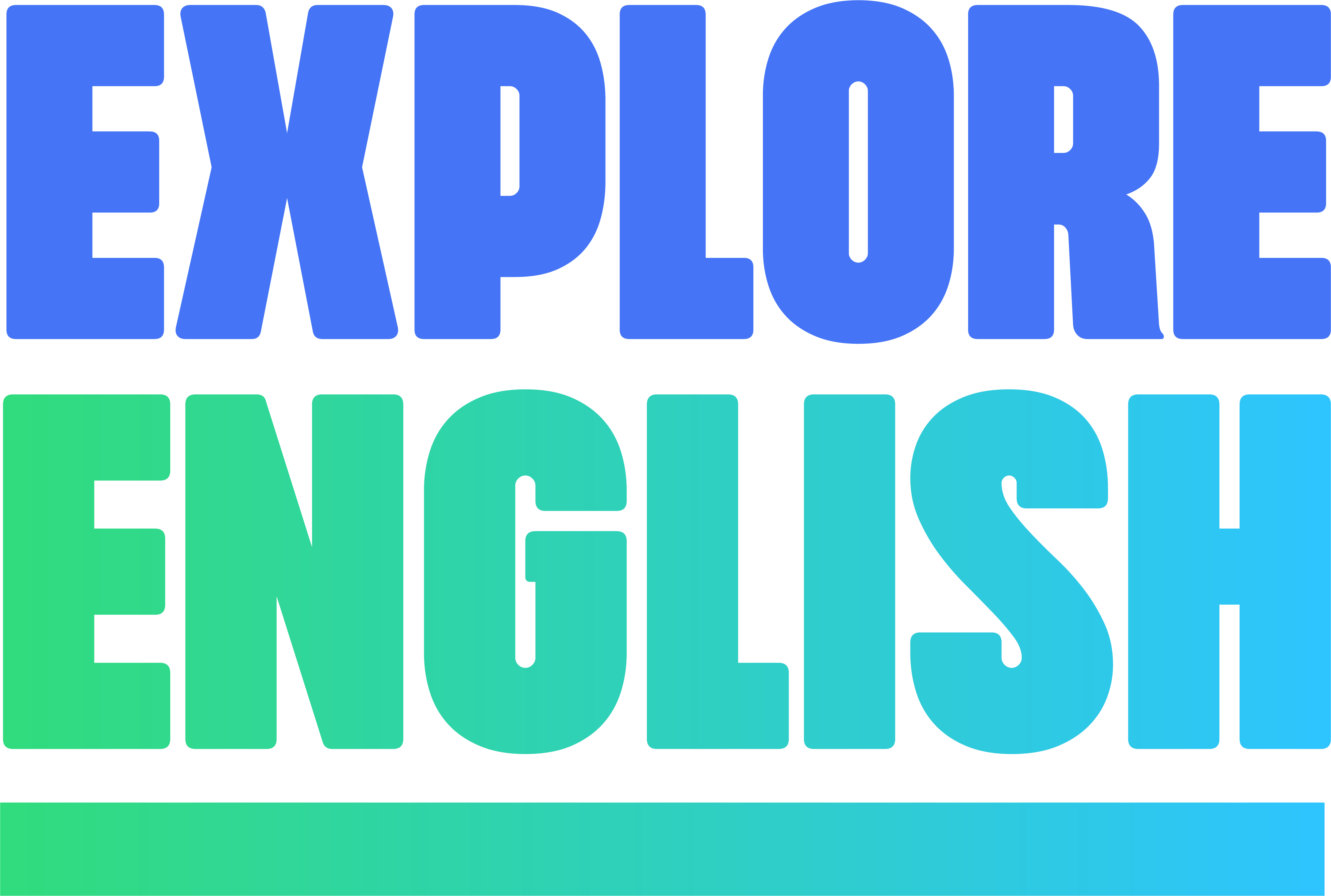By Joseph DeMarini
In the world of teaching English as a second language, there are several options for proper certification. The options range in price and hours of instruction, and beyond that into learning in a classroom and teaching real students. Many can be taken totally online, but typically the best and most widely accepted certificates take place in a classroom for the majority of the course. Here at Explore English, we offer a Certificate IV in TESOL, but what exactly does that mean?
First off, TESOL stands for Teaching English to Speakers of Other Languages. It’s usually used as a certificate to teach English while living in an English-speaking country—like teaching foreign students here in Australia. Most TESOL courses are more intensive than TEFL and TESL, and are often the minimum requirement to teaching ESL in a country whose primary language is English. Our Cert IV is no different: the course is 120 hours of classroom instruction, plus a minimum of six hours in front of a real class. However, if your goal is to travel and teach in non-English-speaking countries, a TESOL certificate will leave you more than qualified.
A TESL (Teaching English as a Second Language) certificate is very similar to the TESOL, but the requirements to take the course may not be as stringent, and the course itself may be partially online and less hours in general. It covers the same things as TESOL, though maybe in less depth. The TEFL certificate, which means Teaching English as a Foreign Language, is best suited for people who want to travel and support themselves through teaching. A TEFL certificate will serve you well if you plan to teach in countries where English is not the first language, but bear in mind that a more in-depth TESOL certification or even a TESL certificate probably qualifies you for the same thing. The main advantages to TEFL are the price and that most can be taken completely online, though these online courses are becoming less and less recognized by various institutions if they do not include actual classroom learning.
Keep in mind, the TESL and TEFL certificates are by no means “lesser” than the TESOL, as you’ll still be qualified to lead an ESL class. However, some higher-paying or more prestigious jobs may be closed to you—especially if you’re trying to teach in a country where the primary language is English. Whatever you choose, you can still call yourself a teacher—happy learning!





